A commuter train in New York City became the latest setting for how quickly an ordinary disagreement can spiral when bias enters the picture.
On September 18, Alex O’Keefe—the 31-year-old former writer for The Bear who helped the FX/Hulu series win a Writers Guild of America award for Best Comedy—was handcuffed and escorted off a Metro-North train after an older white woman complained about how he was sitting.
In an Instagram post, O’Keefe, who is Black, explained:
"An old white woman got on the train and immediately pointed at me and told me to correct how I was sitting. I refused so she went to the conductor and complained. The conductor called the police and stopped the train. While waiting for the police to arrive, the old Karen's friend said 'You're not the minority anymore…’"
Nothing says “I’m comfortable in my own prejudice” quite like declaring victory in an imaginary census that exists only in your entitlement-filled mind.
O’Keefe shared photos of the woman he says reported him, the nearby passenger who chimed in, and videos showing his interaction with Metropolitan Transportation Authority police.
In the first clip, O’Keefe can be heard saying:
"This white woman said she didn't like the way I was sitting on the train, so you call the police to arrest the one Black dude on the train."
MTA police said in a statement to Entertainment Weekly that officers "responded to a report of a disorderly passenger on Train #1518 at Fordham Metro-North station in the Bronx" at around 10:25 a.m. last Thursday. "The train was en route from Grand Central Terminal to New Haven when a conductor reported a passenger occupying two seats had refused to remove his feet from one of the seats."
As officers pulled him from his seat, O’Keefe asked:
"I was sitting on a train and I'm being arrested, for what? Can I not even know what I'm being arrested for?"
The second video in O'Keefe's post shows four officers surrounding him as he stands handcuffed facing a wall. "How did they know she was talking about you?" An unidentified person can be heard saying off-camera.
"They don't know," O'Keefe responds. "They just saw the Black guy, and they arrested me."
He added:
"Sitting while Black is not illegal."
A reminder that should never need repeating in 2025—and yet, here we are.
O’Keefe ended his caption with a grim conclusion:
“This country is growing more psycho by the day. What will you do about it?”
You can view the post below:
But O’Keefe’s point isn’t just about train etiquette—it’s about power: that no matter how many awards or bylines he’s earned, a single complaint was enough to summon handcuffs, while others in similar situations are met with a simple de-escalation.
The MTA denied that O'Keefe was ever placed under arrest, saying that after he refused to exit the train voluntarily, he was handcuffed, removed, "issued a summons for disorderly conduct," and allowed to board the next train.
O’Keefe released his own statement to Entertainment Weekly:
“The last thing any Black man wants is a viral arrest video. I worked my entire life in politics and culture to be taken seriously, and to make our country a better place. But my accomplishments and awards cannot protect me from the violence we've all normalized. American life is full of brutal irony.”
And nothing captures that “brutal irony” quite like being celebrated by Hollywood one year and criminalized on your morning commute the next.
And, of course, the internet had plenty to say about his post:
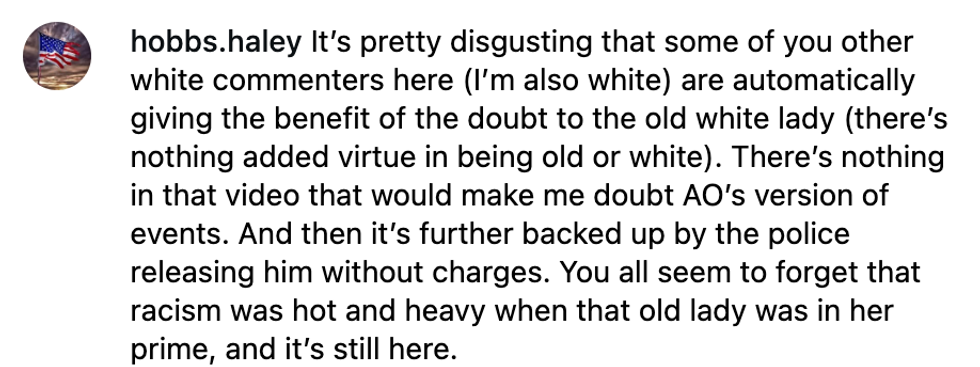











At a press conference yesterday, MTA Chairman Janno Lieber defended the policy:
“If you’re putting your feet on the seats, you’re breaking the rules of our commuter railroad and of the subways of the whole MTA… the bottom line is, he shouldn’t have delayed the train by arguing with everybody for a long time.”
Rules are rules, sure—but America’s recent history shows they’re rarely enforced equally.
What happened to O’Keefe wasn’t just about posture or public transit etiquette; it was about who gets the benefit of the doubt, and who gets punished for existing. In a political climate where racial resentment is routinely stoked for votes and power, the image of a Black writer in handcuffs over a seating complaint lands as both ordinary and outrageous.
Ordinary, because moments like this keep happening—where race is dragged in as a weapon with lines like “you’re not the minority anymore.” Outrageous, because it shows how little respect this country still gives Black people, even as it openly whitewashes—and quietly endorses—the bigotry and prejudice once peddled by figures like the late Charlie Kirk.
In the end, the real disorderly conduct isn’t feet on a train seat—it’s a society that treats Black presence as a provocation while turning a blind eye to actual injustice.














 @JoaquinCastro/X
@JoaquinCastro/X @JoaquinCastro/X
@JoaquinCastro/X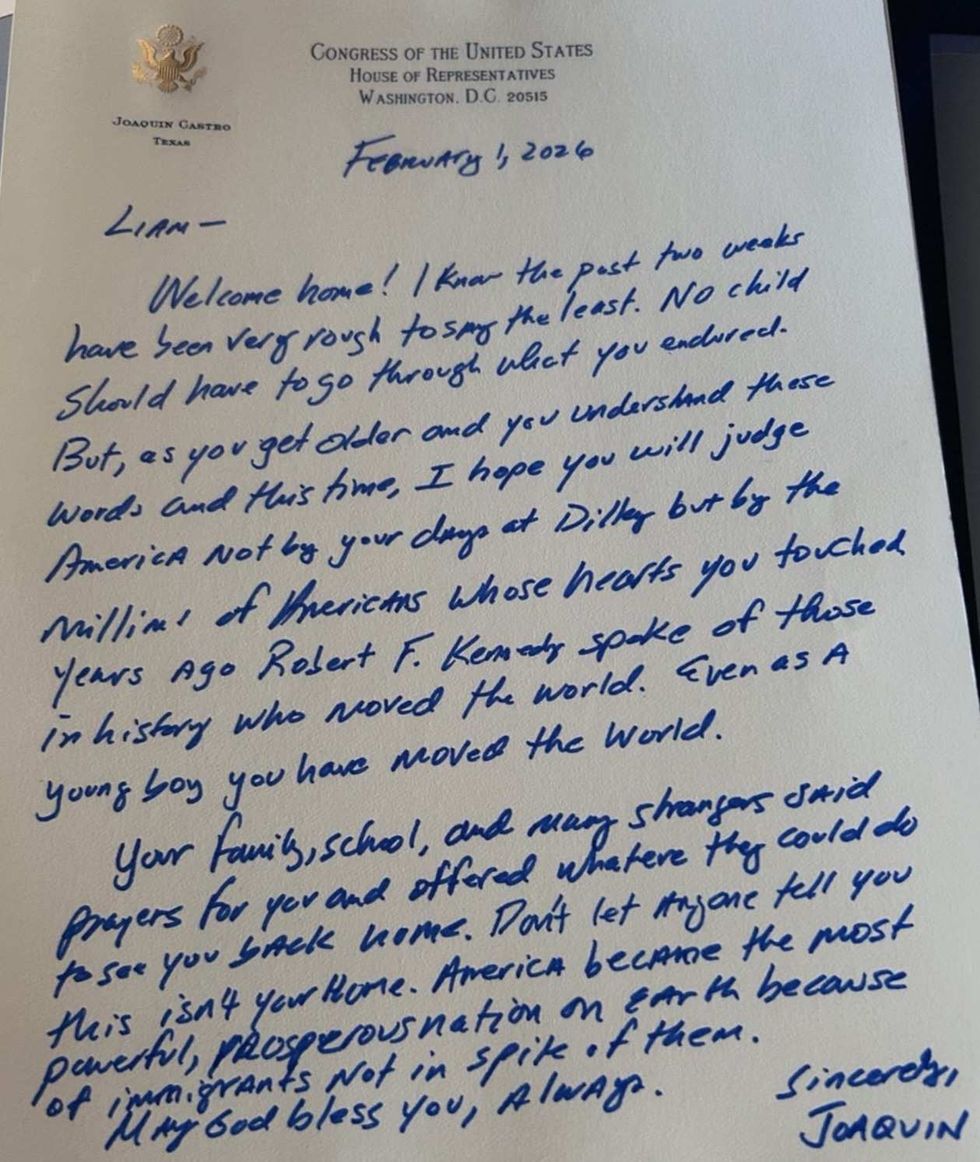 @JoaquinCastro/X
@JoaquinCastro/X @IlhanMN/X
@IlhanMN/X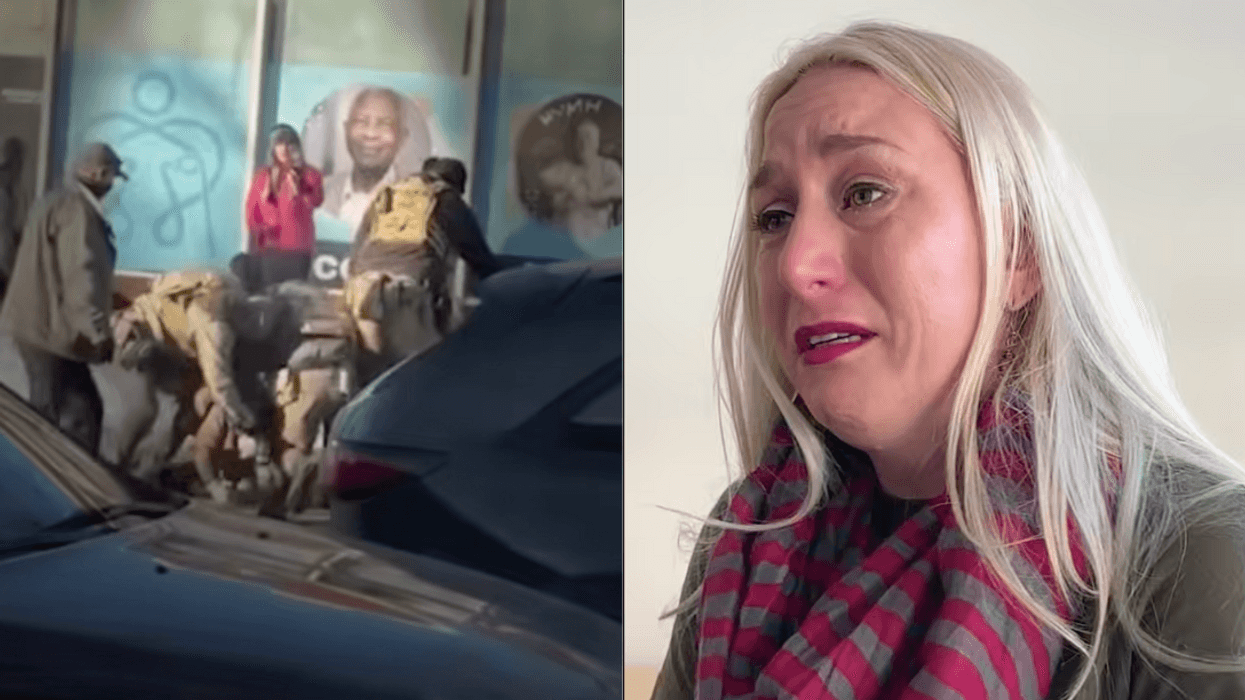
 @sarahgoodloe7407/YouTube
@sarahgoodloe7407/YouTube @moonwillow2010/YouTube
@moonwillow2010/YouTube @lorigesch1295/YouTube
@lorigesch1295/YouTube @Bruce-bc8nc/YouTube
@Bruce-bc8nc/YouTube @abcd_efg-j8q/YouTube
@abcd_efg-j8q/YouTube @walkerhornby7331/YouTube
@walkerhornby7331/YouTube @Hi_Im_Akward/YouTube
@Hi_Im_Akward/YouTube @TattooedGranny/YouTube
@TattooedGranny/YouTube @ericadelgado6790/YouTube
@ericadelgado6790/YouTube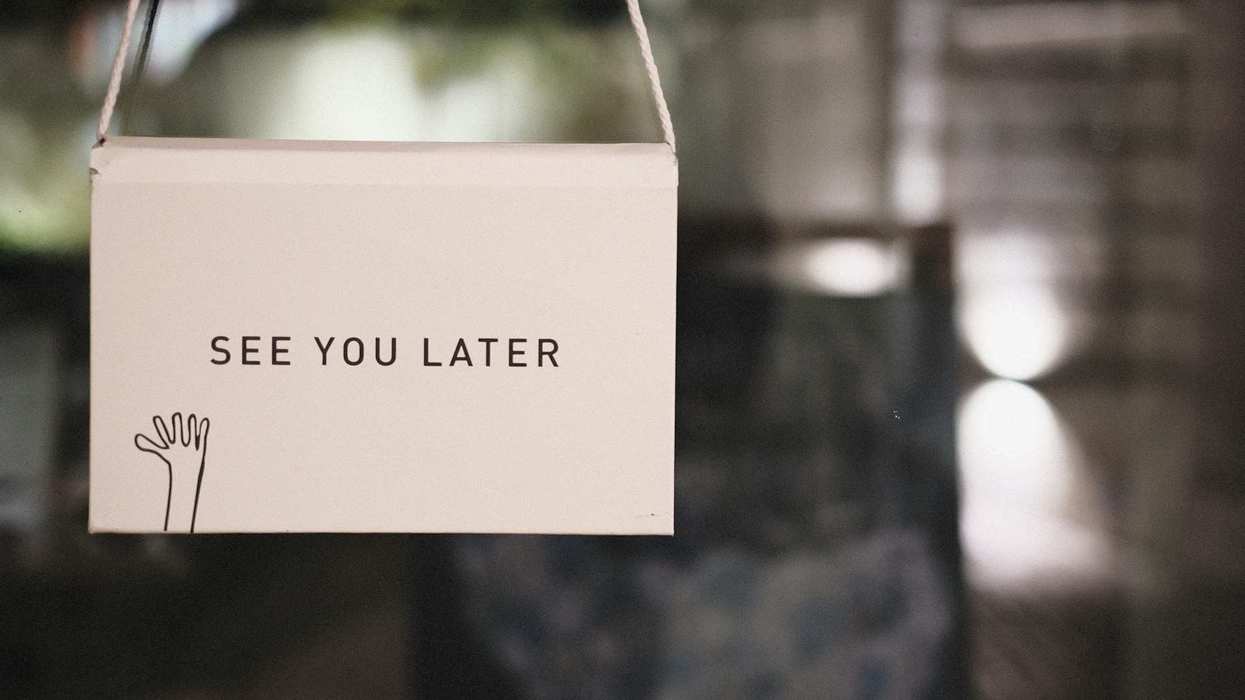
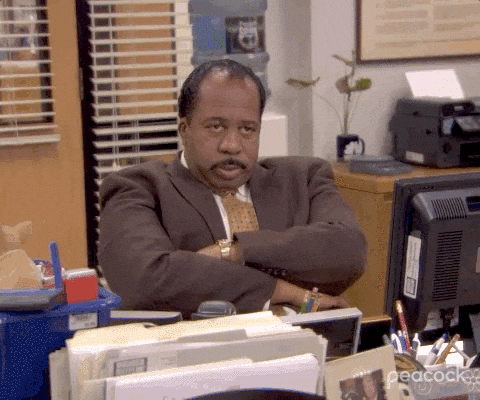 Bored Season 5 GIF by The Office
Bored Season 5 GIF by The Office  music video britney spears toxic GIF
music video britney spears toxic GIF  Go Away No GIF by BLK
Go Away No GIF by BLK 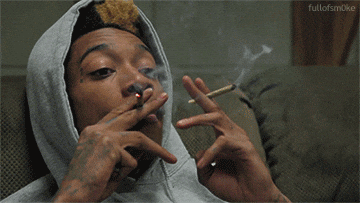 Wiz Khalifa Smoke GIF
Wiz Khalifa Smoke GIF 